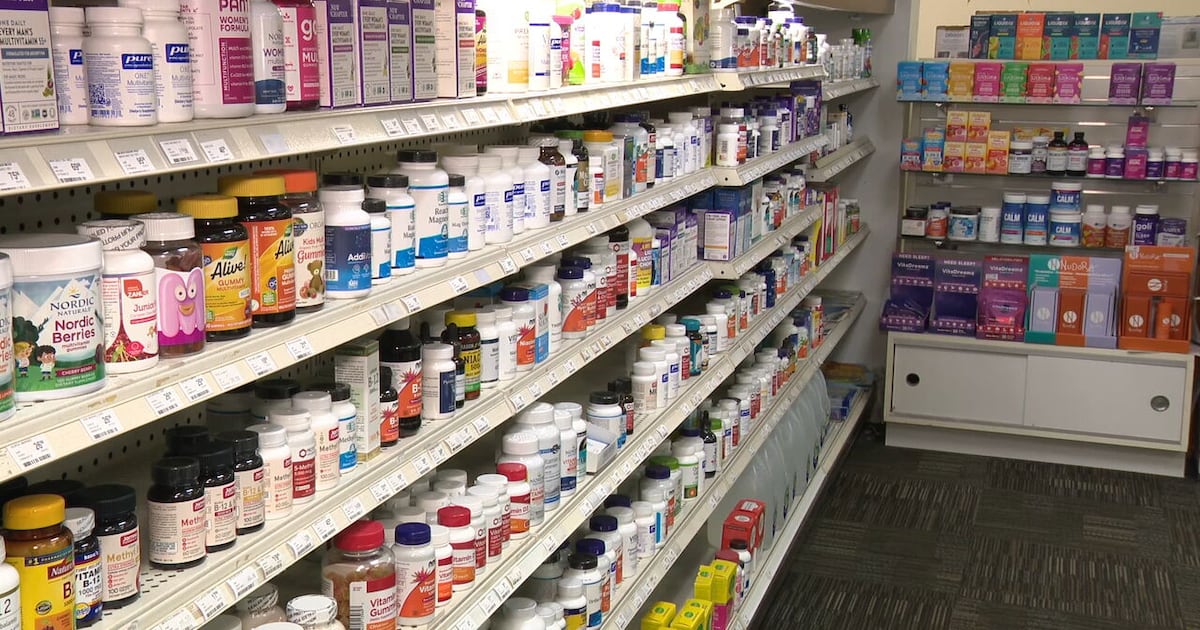ATLANTA — In just a matter of days, President Donald Trump’s pharmaceutical tariff policy will go into effect, and that means some Georgians could be paying double for their medications.
Local pharmacist Ira Katz, who has owned Little Five Points Pharmacy for 40 years, says he’s had customers coming in with concerns about their prescriptions since Trump’s announcement.
“A lot of people don’t have insurance and struggle to get certain medications. So that’s generally the population that is going to end up suffering the most,” Katz told Channel 2’s Brittany Kleinpeter.
Economist Tom Smith says the tariff, set to go into effect on October 1, could greatly impact the quality of care.
[DOWNLOAD: Free WSB-TV News app for alerts as news breaks]
“The brunt of the increase in cost is going to be split between the insurance company and the consumer. And the way that insurance companies operate is they are not going to cover any more costs until they absolutely need to. So I suspect that the consumer will bear the biggest portion of these costs,” Smith explained.
According to President Trump’s announcement, the tariff would place a 100% import tax on branded or patented pharmaceuticals. However, the tariff will not apply to companies building U.S. manufacturing plants, which he defined as those breaking ground or under construction.
Manufacturers of cheaper generic drugs, which were not mentioned in Thursday’s announcement, are excluded. Generics account for most U.S. prescriptions, and Katz hopes it stays that way.
“What I do worry about—and he hasn’t announced this yet—is whether he will impose tariffs on the two countries that supply the majority of the generic drugs in the United States, and that’s India and China. I certainly hope that doesn’t happen,” Katz said.
Several major drugmakers, including Merck & Co. Inc., Eli Lilly and Co., and Johnson & Johnson, have announced U.S. expansion plans.
TRENDING STORIES:
[SIGN UP: WSB-TV Daily Headlines Newsletter]
©2025 Cox Media Group

